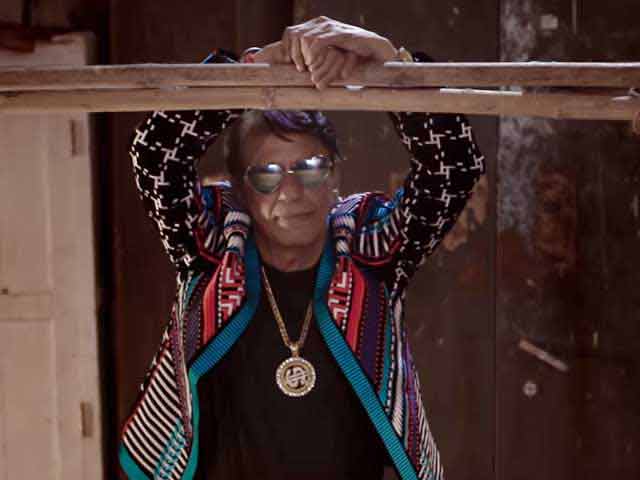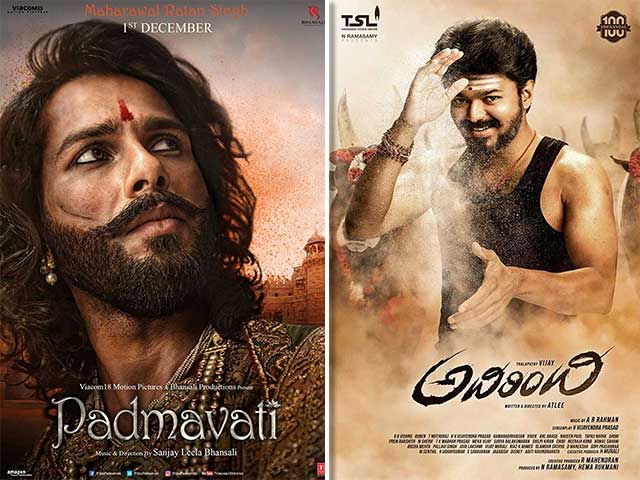Former Congress leader Shankersinh Vaghela has demanded a pre-release screening of Sanjay Leela Bhansali’s Padmavati for Hindu and Kshatriya community leaders to check whether facts have been distorted in the film and warned of violent protests if its makers failed to do so.The upcoming movie had earlier run into controversy after Rajasthan-based Rajput community group Karni Sena raised objections over depictions in the movie, claiming that history was being distorted.
Meanwhile the senior Tamil Nadu leaders of BJP have been busy ferreting out references to contemporary realities in the film Mersal, and testing them against their very own touchstone of truth. They now want the deletion of particular scenes on the goods and services tax regime (because these are factually incorrect) as well as those on the health care situation in the country (because these are critical of the government). Mersal has been claimed as a pure work of fiction, and if there is some fault in the film let the critics and the audience be the judge of it.
Our cultural world is no stranger to such stringent checks on the freedom and poetic license of the artist. Whether it was the Censor Board’s heavy attack on Lipstick Under The Burkha or Angry Indian Goddess, our films have had to battle with various self-identified ethnic groups or the legal authorities before they can see the light of the box offices.
Films are meant to portray society as it could be, not necessarily as it is. They are a medium of expression, a means of conveying what the film-maker thinks, not a means of confirmation to societal expectations.
India is becoming a Republic of Touchy Sentiments, where every artist fears walking outside the line or thinking beyond the box. Religion, caste, language and geography have been variously invoked by shallow sons-of-the-soil groups to mobilise opposition to some perceived insult. Controversial sections of the Indian Penal Code such as 153A, which prohibits the promotion of enmity between different groups, and 295A, which prohibits insult of religious beliefs, are routinely used to silence voices or harass those who hold dissenting views.
There is some hope as the Supreme Court recently supported the right of the expression of an author in the case of Kancha Illiah and his book ‘Samajika Smugglurlu Komatollu’. But when will we ever reach an evolved stage where the artist can be free under the right not to take offense. If you do not agree, don’t go for the movie, or don’t read the book. To an artist, rejection by an audience is more real punishment that the faulty yardsticks of political authorities.













